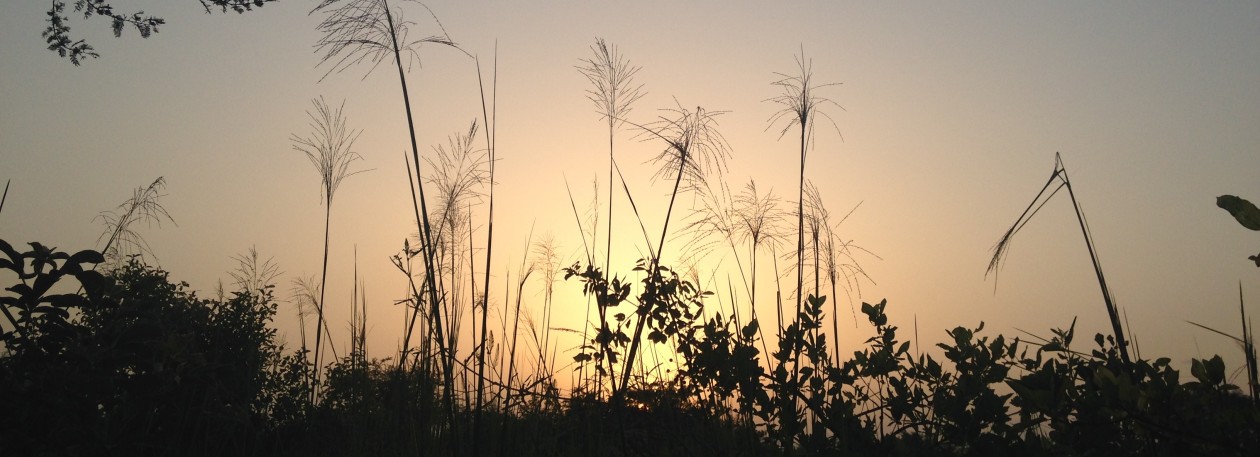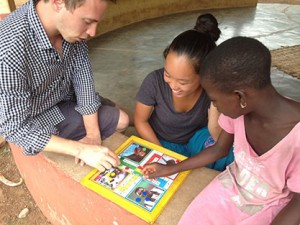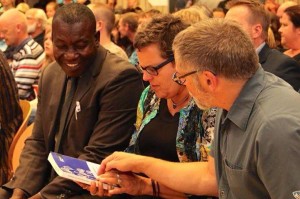Coming into this fellowship, I thought I had a pretty clear idea of what the program would be about and what my job would be as a fellow. Of course I envisioned that I would learn something, but only on a very scholarly level and although this has been true (in just 3 weeks I’ve learned a tremendous amount of information on the academic discipline of history), but the learning and gaining of knowledge that has been occurring throughout this fellowship has not only been academic. So many lines of dialogue and communication have been opened during these first few weeks and I can say that the learning I’ve done for extends. Exploring and reading have no doubt been part of my learning this summer, but I think the things that have forced me to think the most critically are the films, the dialogue between my fellow peers and I, and the dialogues we have with our guest speakers and those who have contributed to this program in some way.
For the longest time I always saw films as a luxury; a pleasantry that can distract the mind from things. Although my shift in thinking didn’t happen spontaneously throughout this project ( a change has been coming for years), the films we were assigned to watch definitely proved that this mentality of films is sometimes blatantly wrong. As I watched the film ‘Traces of the Trade’, I found myself upset, in shock, and yelling (along with Mia who watched the film with me) at the sheer ignorance some of the people featured in the documentary displayed. As I watched them express disbelief and shock at the conditions in which slaves lived in and how many slaves their family had actually traded, several questions came to my mind and in a way forced me to analyze not only the film, but also my conception of slavery. Again as I watched the film ‘Shankosa’, several of the same questions came to mind.
How had so many people gone through so much formal education, in the case of ‘Traces of the Trade’ and yet still failed to realize exactly how slavery had played out? How could an entire family be so blind to its dark and perverse legacy? For ‘Shankosa’, a few of the same questions came to mind. But the overall looming question that still remained was, “how much do we, as community members and scholars, really know about our past?”
This question ties almost perfectly into my topic of history, but it also ties into my personal life, as well as the personal lives of millions of people in the world. As this fellowship progresses, I challenge myself to explore these questions, and hopefully com up with some answers.



